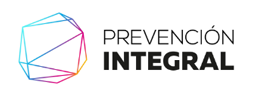

Dov Zohar is a Professor of Organizational Psychology at the Faculty of Management, Technion – Israel Institute of Technology. He also holds a joint research appointment at the LM Research Institute for Safety in Hopkinton, MA.
Dov Zohar published the original paper on Safety Climate, which defined the concept and offered a measurement scale that has become the standard in this field. Since then, Dov has conducted numerous research and consulting projects in various countries that have been published in scientific and professional journals. His recent work focuses on the relationship between safety climate and culture, and on a new model linking organizational Climate and Culture as leverages for organizational safety improvement. This work has won the Human Factors & Ergonomics Jerome Ely Award for the Outstanding Scientific Contribution in 1981, APA/CDC Best Safety Intervention Awards in 2003 and 2013 and the APA Lifetime Achievement Award in 2008. He is also a Fellow of the Society of Industrial and Organizational Psychology.
This lecture will describe the results of a randomized field study designed to improve safety climate and resultant safety performance by modifying daily messages in supervisory-worker communications. Supervisors in the experimental group received two individualized feedback sessions regarding the extent to which they integrated safety and productivity-related issues in daily verbal exchanges with their workers while those in the control group received no feedback. Feedback data originated from 7-9 workers for each supervisor, reporting about received supervisory messages during the most recent verbal exchange. Using a before-after design, questionnaire data collected 8 weeks before and after the 12-week intervention phase revealed significant changes for safety climate, safety behavior, team work, and (independently measured) safety audit scores for the experimental group, remaining unchanged for the control group (except for safety behavior). These results are explained by corresponding changes (or lack thereof in the control group) in perceived discourse messages during the 6-week period between the first and second feedback sessions. Theoretical and practical implications for safety climate improvement will be discussed.


